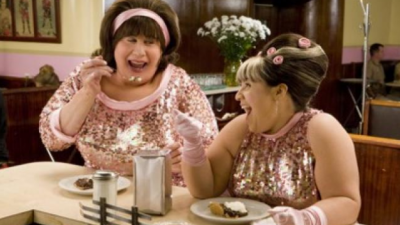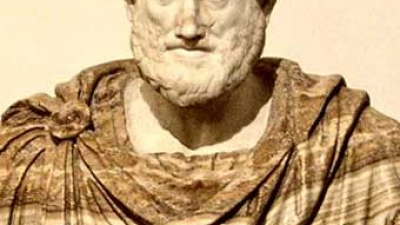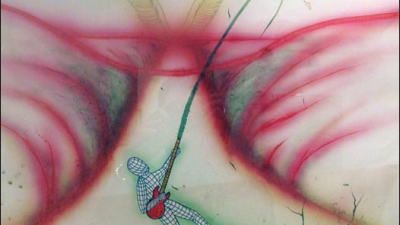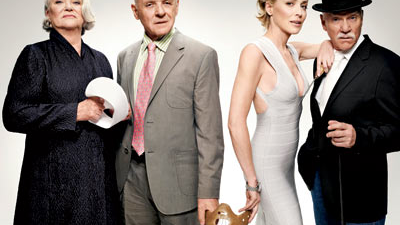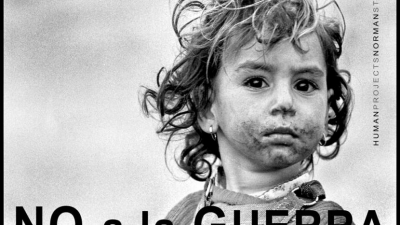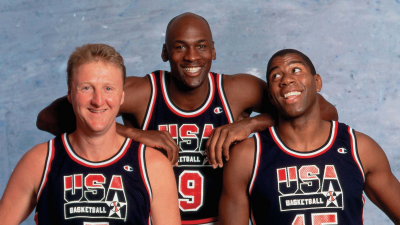Nurses who made history
|
OTHERS

Source: listas.20minutos.es
Nursing is the science of health care for the human being. The majority of people who practice this profession are women, although in recent years a large number of men have chosen to be nurses by profession. Unfortunately, many people still do not give nursing the value or importance it deserves; However, this list presents ten women who, thanks to their work, demonstrated that nurses are much more than "simple" assistants. Which of these nurses seems the most outstanding for your actions?
TOP 12:
Mary Breckinridge (1881 - 1965, United States)
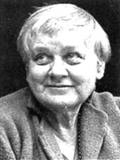
In 1925, Breckinridge established the Border Nursing Service, from which he paid attention to the Appalachians of Kentucky. Its activity helped reduce the death rate among women within that county.
TOP 11:
Margaret Sanger (1879 - 1966, United States)
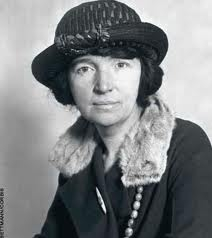
During her nursing studies at the White Plains New York hospital, Sanger became aware of the importance of the development of contraceptive methods to avoid pregnancy. Therefore, in 1914 he founded "The Woman Rebel" magazine that served as a window to promote female contraceptives. In 1917, he opened the first family planning clinic and, later, founded the American League for Birth Control.
TOP 10:
Helen Fairchild (1884 - 1918, United States)
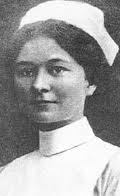
Fairchild studied nursing at the Pennsylvania hospital in 1913. Four years later, when her country declared war on Germany, Helen volunteered as a nurse. During his stay in the Old Continent, he suffered from a gastric ulcer that obstructed his pylorus as a result of his continued exposure to mustard gas. In 1918 it was operated, but died five days later.
TOP 9:
Clara Barton (1821 - 1912, United States)
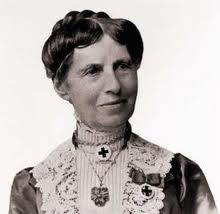
Also known as "The Angel of the Battlefield", Clara Barton was one of the first humanitarian nurses in her country. It was named by A. Lincoln Superintendent of Nurses during the Civil War. When it was over, he organized a campaign to find the lost soldiers. He also fought for the government to sign the treaty of Geneva, according to which it is committed to the care of the sick and wounded and to the burial of the dead in case of war.
TOP 8:
Dorothea Dix (1802 - 1887, United States)
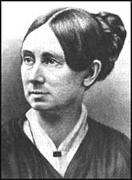
Professor of profession, Dix was designated as "superintendent of nurses" in 1861, during the American Civil War. Dorothea made history thanks to the work and protests she carried out in favor of people with mental retardation. During her work as a nurse, she learned new theories of attention to the insane, among which stood out moral treatment and family isolation.
TOP 7:
Mary Seacole (1805 - 1881, Jamaica)
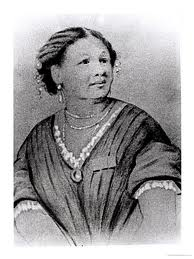
Seacole stands out in the history of nursing thanks to the help it provided to the patients of cholera during the epidemic that hit its country in 1850. It also prevented a new epidemic in Panama, a country in which it made the population aware of the issue of hygiene and ventilation. Finally, during the Crimean War he offered his services to the British government, which rejected it because of the color of his skin. Even so, Mary arrived at the scene of the conflict with her own resources and offered help to the sick. His work was never recognized by the government.
TOP 6:
Elvira Dávila Ortiz (1917 - 2008, Colombia)
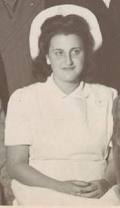
The scientific research that he carried out during his first years of professional life, led Dávila Ortiz to found the first Blood Bank in his country. However, the concept of saving lives thanks to the blood transfusion was completely unknown in Colombia, so Elvira had to convince her compatriots that they were not at risk of dying or contracting diseases if they donated blood to the sick. Thanks to her work, which marked a milestone in Latin America, she was a candidate for the Florence Nightingale 2007 Medal, which recognizes exemplary services and works in favor of the sick.
TOP 5:
Mary Mahoney (1845 - 1926, United States)
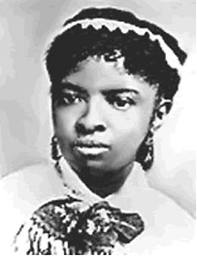
For 15 years, she worked at the New England hospital for women and children. She was also the director of Howard's black children's home. Her concern for equal women and her right to vote led her to be one of the first women in Boston to register to vote.
TOP 4:
Edith Cavell (1865 - 1915, England)
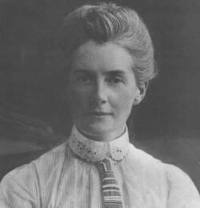
Edith Cavell offered her help to French, Belgian and English soldiers during the First World War. Because of this, a German military court sentenced her to death and was shot on October 7, 1915, which generated worldwide outrage. The cities of Paris, London and Brussels erected monuments in his honor.
TOP 3:
Virginia Henderson (1897 - 1996, United States)
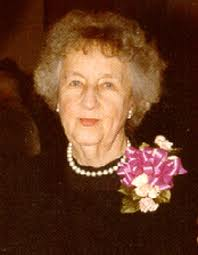
Henderson began her training as a nurse during World War II, at which time she treated the wounded American soldiers. For her, the only function of the nurses was to help people (healthy or sick) who could not perform on their own activities in favor of their health. Thus, he incorporated a conceptual model of physiological and psychological principles that have given him a place in this list.
TOP 2:
Florence Nightingale (1820 - 1910, Italy)
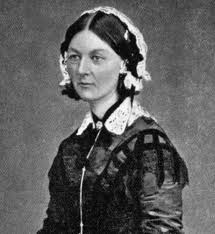
Nightingale, known as the mother of modern nursing, went down in history for her work during the Crimean War and for her contribution to the reform of sanitary conditions in military hospitals.
TOP 1:
Irena Sendler (1910 - 2008, Russian Empire / Current Poland)

Popularly known as "The Angel of the Warsaw Ghetto," Sendler was a nurse who helped and saved more than 2,500 Jewish children during World War II. He walked through the streets of the Ghetto looking for families to help, although many times, mothers and grandmothers refused to give their children and grandchildren, she never stopped fighting. In 2007, she was a candidate for the Nobel Peace Prize, a prize she finally failed to win. "The reason I rescued children has its origin in my home, in my childhood. I was educated in the belief that a person in need should be helped from the heart, without looking at their religion or their nationality. "Thanks to Ally_herb for the suggestion.
More lists


